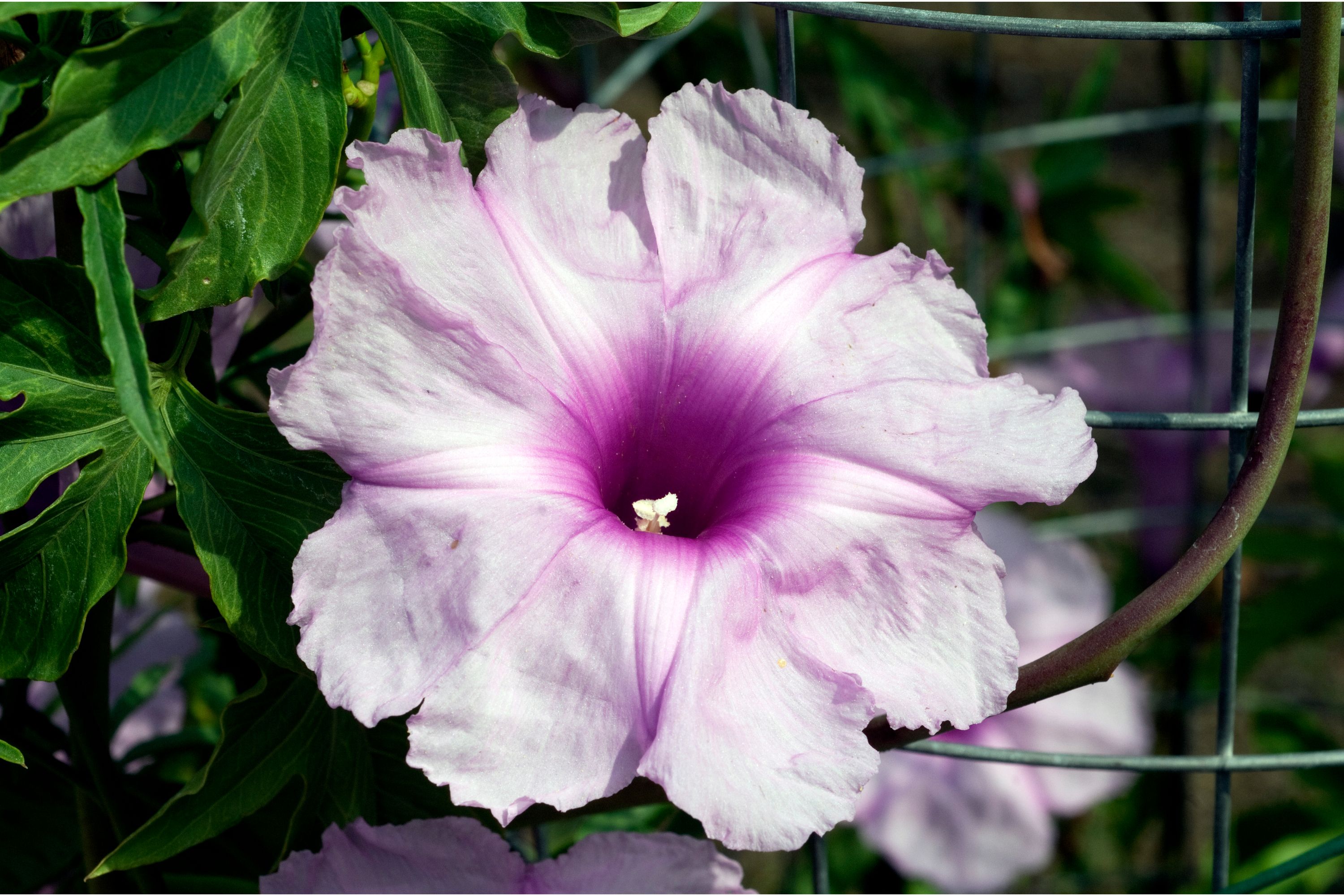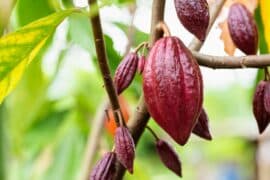Morning glory
(Ipomoea mauritiana)

Description
Ipomoea mauritiana is a type of morning glory plant. Like the sweet potato, it belongs to the genus Ipomoea. It grows as a vine. Its origins are uncertain, but it has been recorded in West Africa, including in Gambia and the riparian forests of Benin, as well as Australia's Northern Territory. It is naturalised in many parts of the world, including Taiwan. Specimens have been collected or observations taken in Australia, Belize, Benin, Brunei, Cambodia, Cameroon, China, Colombia, DRC, Costa Rica, Côte d'Ivoire, Ecuador, Equatorial Guinea, Gabon, Ghana, Guinea, Honduras, Indonesia, Laos, Liberia, Madagascar, Mauritius, Micronesia, Federated States of Myanmar, New Caledonia, Nicaragua, Nigeria, Panama, Papua New Guinea, Peru, Senegal, Sudan, Tanzania, Thailand, Togo and Venezuela. Ipomoea is the largest genus in the flowering plant family Convolvulaceae, with over 600 species. It is a large and diverse group, with common names including morning glory, water convolvulus or kangkung, sweet potato, bindweed, moonflower, etc. Their most widespread common name is morning glory, but some species in related genera bear that same common name and some Ipomoea species are known by different common names. Those formerly separated in Calonyction are called moonflowers. The generic name Ipomoea is derived from the Greek íps, ipós meaning "woodworm", and hómoios, meaning "resembling". It refers to their twining habit. The genus occurs throughout the tropical and subtropical regions of the world, and comprises annual and perennial herbaceous plants, lianas, shrubs, and small trees; most of the species are twining climbing plants. Humans use Ipomoea spp. for their content of medical and psychoactive compounds, mainly alkaloids. Some species are renowned for their properties in folk medicine and herbalism; for example, Vera Cruz jalap (I. jalapa) and Tampico jalap (I. simulans) are used to produce jalap, a cathartic preparation accelerating the passage of stool. Kiribadu ala (giant potato, I. mauritiana) is one of the many ingredients of chyawanprash, the ancient Ayurvedic tonic called "the elixir of life" for its wide-ranging properties.
Taxonomic tree:







